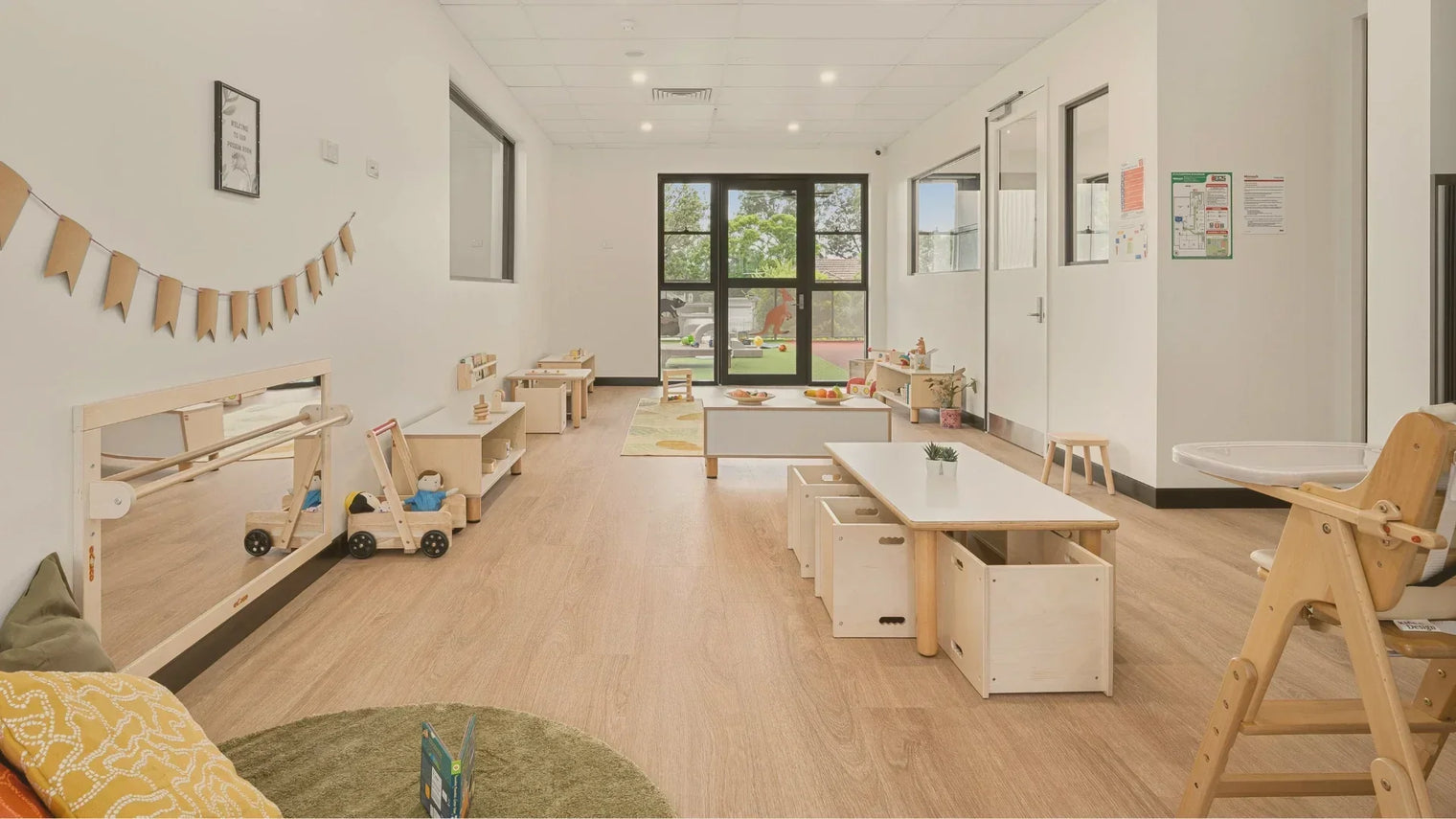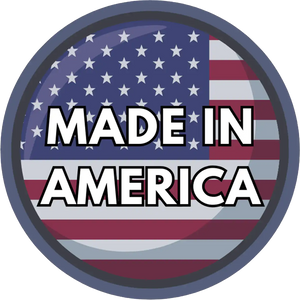Explore the advantages and challenges of Montessori education. Get an honest assessment to help decide if Montessori school is right for your child.
As parents, we’re always trying to make the best choices for our children’s education. The school environment we select can shape not just academic skills but also confidence, creativity, and independence.
Among the many options available today, Montessori schools stand out for their child-centred approach and focus on hands-on learning.
But is Montessori the right choice for your child? Like any educational method, it comes with advantages and potential drawbacks.
Understanding both sides will help you make an informed decision that fits your family’s values and your child’s personality.
At Dannico Woodworks, we understand the importance of environments that foster independence and growth.
That same principle is at the heart of Montessori education, which is why many parents naturally connect the two.
Just as thoughtfully designed furniture encourages kids to explore and learn on their own, Montessori classrooms are built around that same spirit of independence.
In this article, we’ll break down the pros and cons of Montessori education in a clear and approachable way, so you can decide if this method is the right path for your child.
What Is Montessori Education?
The Montessori method was created over 100 years ago by Dr. Maria Montessori, an Italian physician and educator.
It’s based on the idea that children learn best when they can move, explore, and follow their natural curiosity.
Key features of Montessori schools include:
-
Hands-on learning with real-world tools and materials.
-
Mixed-age classrooms, where younger kids learn from older peers.
-
Individualized pace, allowing children to advance as they master concepts.
-
Focus on independence, from tying shoes to preparing snacks.
This unique approach is quite different from traditional classrooms, where teachers lead from the front, lessons are timed, and kids move through material together.
Pros of Montessori Education
1. Encourages Independence
One of the strongest benefits of Montessori education is the emphasis on independence. Children are encouraged to take care of their own belongings, make choices about their learning, and solve problems on their own.
This often leads to children who are more confident and self-reliant, both in and out of school.
Parents often notice their Montessori kids helping at home, tidying up, or even preparing simple meals earlier than expected.
2. Hands-On Learning Builds Deeper Understanding
Montessori classrooms use tactile materials that help children concretely grasp abstract concepts.
For example, instead of simply memorizing numbers, kids use bead chains and counting blocks to see and touch what those numbers mean.
This hands-on approach makes learning more meaningful and helps kids retain knowledge longer.
3. Focus on the Whole Child
Montessori education goes beyond academics. It also emphasizes social skills, emotional intelligence, and life skills. Children learn practical tasks like cooking, gardening, and cleaning, which make them feel capable and respected.
This whole-child focus can set them up for success not just in school, but in everyday life.
4. Fosters a Love of Learning
Because children are encouraged to follow their interests, they often see learning as an enjoyable activity rather than a chore. The Montessori philosophy believes that curiosity drives long-term motivation—something that benefits kids far beyond their school years.
5. Strong Community Environment
With mixed-age classrooms, children learn to cooperate, mentor, and respect each other. Older students gain leadership skills by helping younger classmates, while younger kids feel inspired by seeing what their peers can do.
This creates a sense of belonging and community that many parents value deeply.
Cons of Montessori Education
1. Cost Can Be High
Private Montessori schools often come with higher tuition compared to traditional schools. While some public Montessori programs exist, they can be limited in availability and difficult to access.
2. Availability Is Limited
Not every town has a Montessori school, and families sometimes have to drive long distances to find one. Even when schools are available, waiting lists can be long.
3. Less Focus on Standardized Testing
While this can be seen as a positive, some parents worry that Montessori schools don’t emphasize test preparation. In areas where test scores play a big role in future opportunities, this can be a concern.
4. May Not Fit Every Child’s Personality
Some children thrive with independence and self-direction, but others may prefer more structure. Kids who struggle with decision-making or need extra guidance might feel overwhelmed in a Montessori setting.
5. Transitioning to Traditional Schools Can Be Tricky
If a child eventually transfers from Montessori to a traditional school, the shift in teaching style and expectations can feel challenging. For example, adjusting to stricter schedules, desks in rows, or more direct instruction may take time.
Is Montessori Right for Your Child?
Choosing a Montessori school depends on your child’s temperament, your family’s values, and what educational opportunities are available nearby.
Montessori may be a good fit if your child:
-
Is naturally curious and enjoys exploring.
-
Responds well to independence.
-
Benefits from hands-on learning.
-
Thrives in smaller, community-based environments.
It may not be the best fit if your child:
-
Prefers clear structure and direct guidance.
-
Needs extensive test preparation for local requirements.
-
Would struggle with the less traditional format.
FAQs
At what age can a child start Montessori?
Many Montessori schools accept children as young as 18 months in toddler programs, with preschool and elementary programs following afterward.
Are Montessori teachers certified?
Yes, Montessori teachers receive specialized training in the philosophy and materials. However, training requirements can vary depending on the school.
Can Montessori prepare my child for “real-world” academics?
Yes. While the approach is different, children learn the same foundational skills in reading, math, and science. The difference is in how they’re taught—through exploration rather than lectures.
Do Montessori kids do well later in life?
Studies suggest that Montessori students often excel in creativity, problem-solving, and social skills. However, success still depends on the individual child and their environment at home.
Final Thoughts
Montessori schools offer a unique and thoughtful approach to education, one that emphasizes independence, hands-on learning, and respect for each child’s natural curiosity.
They can be a wonderful fit for many families, though challenges like cost, availability, and compatibility with a child’s personality should be considered.
At Dannico Woodworks, we share that same belief in fostering independence and growth.
Just as Montessori classrooms encourage children to take ownership of their learning, our carefully designed furniture gives them the freedom to explore safely and confidently at home.
If you’re considering Montessori, think about how its values align with your child’s needs and your family’s vision for education.
So, what do you think—does the Montessori approach reflect the environment you want for your child’s learning journey?

